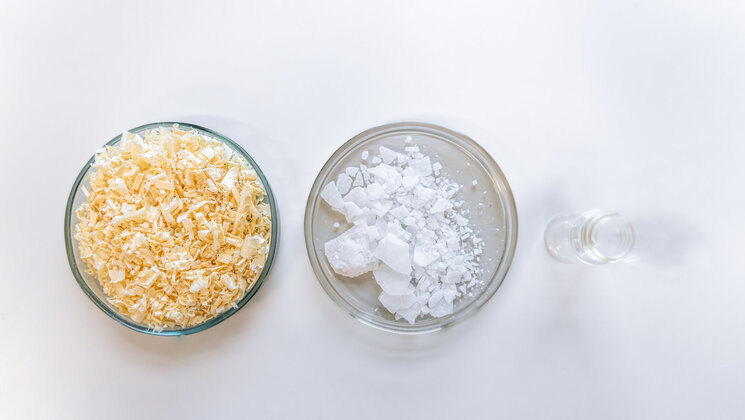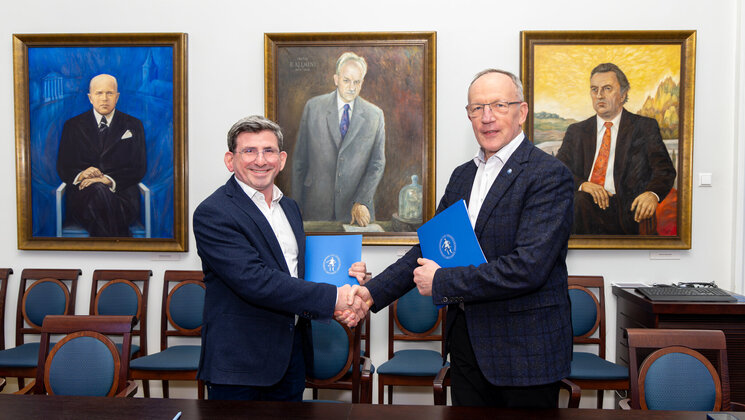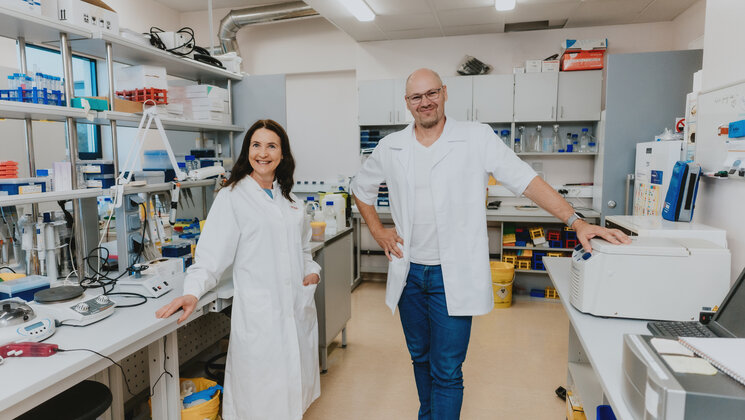-
Faculty of Arts and HumanitiesDean's Office, Faculty of Arts and HumanitiesJakobi 2, r 116-121 51005 Tartu linn, Tartu linn, Tartumaa EST0Institute of History and ArchaeologyJakobi 2 51005 Tartu linn, Tartu linn, Tartumaa EST0Institute of Estonian and General LinguisticsJakobi 2, IV korrus 51005 Tartu linn, Tartu linn, Tartumaa EST0Institute of Philosophy and SemioticsJakobi 2, III korrus, ruumid 302-337 51005 Tartu linn, Tartu linn, Tartumaa EST0Institute of Cultural ResearchÜlikooli 16 51003 Tartu linn, Tartu linn, Tartumaa EST0Institute of Foreign Languages and CulturesLossi 3 51003 Tartu linn, Tartu linn, Tartumaa EST0School of Theology and Religious StudiesÜlikooli 18 50090 Tartu linn, Tartu linn, Tartumaa EST0Viljandi Culture AcademyPosti 1 71004 Viljandi linn, Viljandimaa EST0Professors emeriti, Faculty of Arts and Humanities0Associate Professors emeriti, Faculty of Arts and Humanities0Faculty of Social SciencesDean's Office, Faculty of Social SciencesLossi 36 51003 Tartu linn, Tartu linn, Tartumaa EST0Institute of EducationJakobi 5 51005 Tartu linn, Tartu linn, Tartumaa EST0Johan Skytte Institute of Political StudiesLossi 36, ruum 301 51003 Tartu linn, Tartu linn, Tartumaa EST0School of Economics and Business AdministrationNarva mnt 18 51009 Tartu linn, Tartu linn, Tartumaa EST0Institute of PsychologyNäituse 2 50409 Tartu linn, Tartu linn, Tartumaa EST0School of LawNäituse 20 - 324 50409 Tartu linn, Tartu linn, Tartumaa EST0Institute of Social StudiesLossi 36 51003 Tartu linn, Tartu linn, Tartumaa EST0Narva CollegeRaekoja plats 2 20307 Narva linn, Ida-Virumaa EST0Pärnu CollegeRingi 35 80012 Pärnu linn, Pärnu linn, Pärnumaa EST0Professors emeriti, Faculty of Social Sciences0Associate Professors emeriti, Faculty of Social Sciences0Faculty of MedicineDean's Office, Faculty of MedicineRavila 19 50411 Tartu linn, Tartu linn, Tartumaa ESTInstitute of Biomedicine and Translational MedicineBiomeedikum, Ravila 19 50411 Tartu linn, Tartu linn, Tartumaa ESTInstitute of PharmacyNooruse 1 50411 Tartu linn, Tartu linn, Tartumaa ESTInstitute of DentistryL. Puusepa 1a 50406 Tartu linn, Tartu linn, Tartumaa ESTInstitute of Clinical MedicineL. Puusepa 8 50406 Tartu linn, Tartu linn, Tartumaa ESTInstitute of Family Medicine and Public HealthRavila 19 50411 Tartu linn, Tartu linn, Tartumaa ESTInstitute of Sport Sciences and PhysiotherapyUjula 4 51008 Tartu linn, Tartu linn, Tartumaa ESTProfessors emeriti, Faculty of Medicine0Associate Professors emeriti, Faculty of Medicine0Faculty of Science and TechnologyDean's Office, Faculty of Science and TechnologyVanemuise 46 - 208 51003 Tartu linn, Tartu linn, Tartumaa ESTInstitute of Computer ScienceNarva mnt 18 51009 Tartu linn, Tartu linn, Tartumaa ESTInstitute of GenomicsRiia 23b/2 51010 Tartu linn, Tartu linn, Tartumaa ESTEstonian Marine Institute0Institute of PhysicsInstitute of ChemistryRavila 14a 50411 Tartu linn, Tartu linn, Tartumaa EST0Institute of Mathematics and StatisticsNarva mnt 18 51009 Tartu linn, Tartu linn, Tartumaa EST0Institute of Molecular and Cell BiologyRiia 23, 23b - 134 51010 Tartu linn, Tartu linn, Tartumaa ESTTartu ObservatoryObservatooriumi 1 61602 Tõravere alevik, Nõo vald, Tartumaa EST0Institute of TechnologyNooruse 1 50411 Tartu linn, Tartu linn, Tartumaa ESTInstitute of Ecology and Earth SciencesJ. Liivi tn 2 50409 Tartu linn, Tartu linn, Tartumaa ESTProfessors emeriti, Faculty of Science and Technology0Associate Professors emeriti, Faculty of Science and Technology0Institute of BioengineeringArea of Academic SecretaryHuman Resources OfficeUppsala 6, Lossi 36 51003 Tartu linn, Tartu linn, Tartumaa EST0Area of Head of FinanceFinance Office0Area of Director of AdministrationInformation Technology Office0Administrative OfficeÜlikooli 17 (III korrus) 51005 Tartu linn, Tartu linn, Tartumaa EST0Estates Office0Marketing and Communication OfficeÜlikooli 18, ruumid 102, 104, 209, 210 50090 Tartu linn, Tartu linn, Tartumaa EST0Area of Vice Rector for DevelopmentCentre for Entrepreneurship and InnovationNarva mnt 18 51009 Tartu linn, Tartu linn, Tartumaa EST0University of Tartu Natural History Museum and Botanical GardenVanemuise 46 51003 Tartu linn, Tartu linn, Tartumaa EST0International Cooperation and Protocol Office0University of Tartu MuseumLossi 25 51003 Tartu linn, Tartu linn, Tartumaa EST0Area of RectorRector's Strategy OfficeInternal Audit OfficeArea of Vice Rector for Academic AffairsOffice of Academic Affairs0University of Tartu Youth AcademyUppsala 10 51003 Tartu linn, Tartu linn, Tartumaa EST0Student Union OfficeÜlikooli 18b 51005 Tartu linn, Tartu linn, Tartumaa EST0Centre for Learning and TeachingArea of Vice Rector for ResearchUniversity of Tartu LibraryW. Struve 1 50091 Tartu linn, Tartu linn, Tartumaa EST0Grant Office
RECORDING: Public lecture by Maive Rute „Global race for cleantech and critical raw materials. Europe between China and the US"

The Deputy Director-General of the European Commission’s Directorate General for Internal Market, Industry, Entrepreneurship and SMEs, Maive Rute, will visit the University of Tartu and deliver a public lecture “Global race for cleantech and critical raw materials. Europe between China and the US” in the Institute of Social Studies at 16:15 on 16 May. The lecture is in English. Those interested can attend it on site in Tartu (Lossi 36–215) or online in Worksup. For participation please register in advance.
Main takeaways from Maive Rute's lecture
- In today's changed global economy, we have to think more and more about what we can do to reduce greenhouse gas emissions from consumption and economic activity. The EU has promised to cut greenhouse gas emissions by at least 55% by 2030.
- Dealing with climate issues is closely related to investments. If the world's largest economies increased their investments to the level of 20–30 years ago, they would cover half of the investments needed to transition to renewable energy and a more circular economy.
- Today, China is the largest investor in solar panels, batteries and other clean technologies. If Europe wants to be successful in the global race for clean tech with China and the USA and an influential player in the changed global economy, we need to think today about how to build the factories and technologies needed for low-emission industries in the future.
- The goal of the EU's new Net-Zero Industry Act is to increase the production of net-zero technologies by, among other things, investing more in innovation and skills as well as improving market conditions.
- Europe is heavily dependent on imported raw materials needed to transition to a more sustainable and digital future. In 2030, global demand is likely to outstrip the supply of critical raw materials such as cobalt or lithium and rare earth elements. The EU's Critical Raw Materials Act aims to limit and diversify the supply of critical raw materials from third countries, expand local mining and improve the recycling of raw materials.
The world is moving towards a new economic model based on renewable resources. This also forces businesses to keep pace with the change to survive. Under the US Inflation Reduction Act, $360 billion will be channelled into green technologies and the deployment of electric vehicles by 2032. According to Rute, it is just one example of the huge investments made in the accelerating race to develop future technologies. “Both supporters and critics have referred to Europe’s green transition as primarily a climate policy. But the European Green Deal also represents an opportunity to build new value chains in the fast-growing market of renewable energy, electric cars or digitalisation,” Rute explained. In the lecture, she will explain in more detail how Europe’s recent Net-Zero Industry Act, the Critical Raw Materials Act and other new initiatives help reduce Europe’s strategic dependence on China and Russia, ensure the availability of green raw materials, and encourage entrepreneurs to set up businesses in Europe.
Rute’s lecture will be followed by a panel discussion with Anna-Kati Pahker, doctoral student in the Deep Transitions research group of the University of Tartu Institute of Social Studies, and Peep Mardiste who teaches energy policy and security issues at the University of Tartu Johan Skytte Institute of Political Studies. Margit Keller, the head of the Centre for Sustainable Development will lead the discussion.
At the European Commission’s Directorate-General for Internal Market, Industry, Entrepreneurship and SMEs, Maive Rute is responsible for industrial policy. Her areas of expertise include the greening of enterprises, the resilience of supply chains and Europe’s economic security, the promotion of investments, the modernisation of public procurement and standardisation, and the protection of intellectual property.
Rute started work at the European Commission as a director for entrepreneurship policy in 2005. From 2009–2019, she was a top research and innovation manager at the European Commission. Previously, she worked in Estonia as the CEO of Kredex and the Deputy Governor of Eesti Pank, the central bank of Estonia.
The public lecture is organised by the University of Tartu’s Institute of Social Studies, Johan Skytte Institute of Political Studies, Centre for Sustainable Development and the team of the project “Rejuvenating Democracy in the EU” of Jean Monnet Centre of Excellence.
Registration:
To plan the number of seats in the lecture room, we ask you to inform us in advance of your participation in the form below:
Public lecture by Maive Rute „Global race for cleantech and critical raw materials. Europe between China and the US"
Read more similar news






